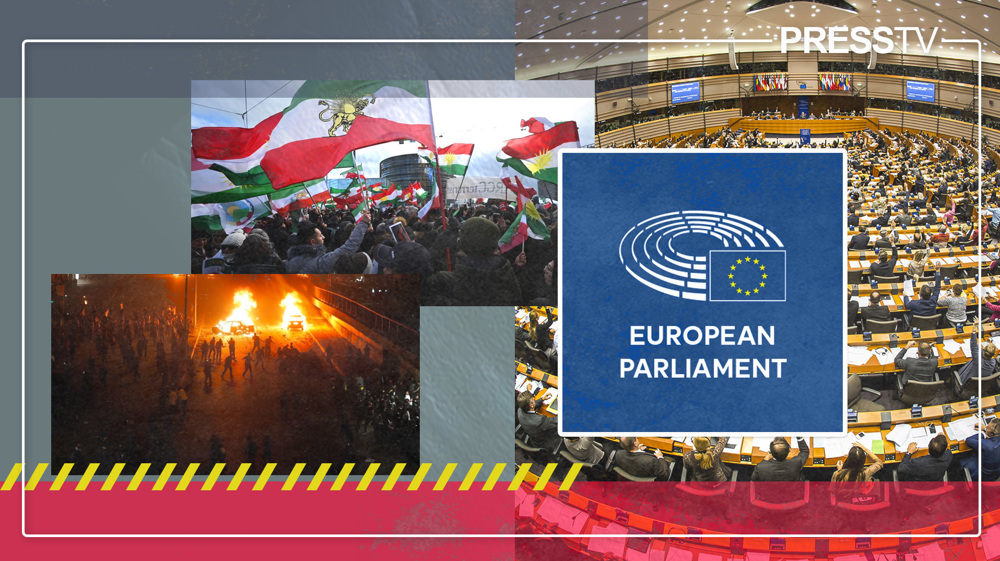Greece hails 'historic' eurozone deal to end debt crisis
Greek Prime Minister Alexis Tsipras has hailed as a "historic" step an agreement with eurozone ministers that will put an end to the country's eight-year bailout program.
Eurozone finance ministers agreed to offer Greece, which has received three bailouts since 2010, a 10-year deferral and maturities extension on major parts of its total debt obligations.
Under the deal, the ministers also agreed to grant Athens 15 billion euros in new credit to ensure that the crisis-hit country can stand on its own feet after it exits the rescue program.
"Yesterday we reached a historic agreement on Greece's debt with the Eurogroup," Tsipras said in a meeting with the country's president, Prokopis Pavlopoulos.
"We are turning a page," he said, adding that Greece had to remain on the path of reform but could leave extreme austerity behind.
“That does not mean that we will abandon the prudent path of fiscal balance and the structural reforms that the country needs," Tsipras said.
"It does however mean that we abandon the thorny road of bailouts, the enforcement of extreme austerity, the lifting of a significant part of economic sovereignty of governments which we lived through all these years.
"From now on, we have of course goals, (and) we are committed to those fiscal goals, (and) anyway, we have shown that we can achieve them," he added.

The eight-year crisis toppled four governments in Greece and shrank the economy by 25 percent, with unemployment still hovering over 20 percent and sending thousands of young educated Greeks abroad.
The eurozone ministers' hard-fought deal obliged Greece to leave its third financial rescue on August 20.
The government plans to pump the new money into the country’s economy, giving it a boost to return to full market financing after it crashed eight years ago in 2010. Around 50 general strikes have been held since then.
"The Greek crisis ends here tonight," said EU Economic Affairs Commissioner Pierre Moscovici, after the marathon talks in Luxembourg.
Greek Finance Minister Euclid Tsakalotos said the Greek government is happy with the agreement but "to make this worthwhile we have to make sure that the Greek people must quickly see concrete results... they need to feel the change in their own pockets.”
The International Monetary Fund (IMF), which has long urged Greece to impose austerity measure on the cash-strapped nation, welcomed the debt relief, but expressed reservations about Greece's obligations over the long term.
"In the medium-term analysis, there is no doubt in our minds that Greece will be able to re-access the markets," said IMF managing director Christine Lagarde. "As far as the longer term is concerned, we have concerns.”
The IMF played a key role in the two first Greek bailouts, but took only an observer role in the third in the belief that Greece's debt pile was unsustainable in the long term.
CIA-Mossad footprint turned Iran’s peaceful protests into ‘full-scale street war’: Analyst
VIDEO | Press TV's news headlines
Economic protests and subsequent terrorism in Iran
Court docs show Trump sought to deport student over pro-Palestine op-ed
'Any harm to Ayatollah Khamenei a declaration of war on Shias'
Discover Iran: Hormozgan’s strategic ports powering trade, commerce and connectivity
VIDEO | Store, gym set on fire by masked rioters during recent unrest in Tehran
Obama, Clinton urge Americans to ‘stand up’ as protests spread in US















 This makes it easy to access the Press TV website
This makes it easy to access the Press TV website